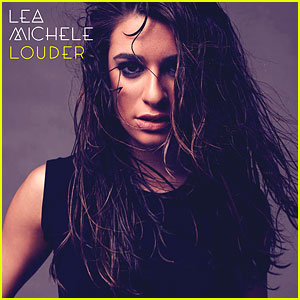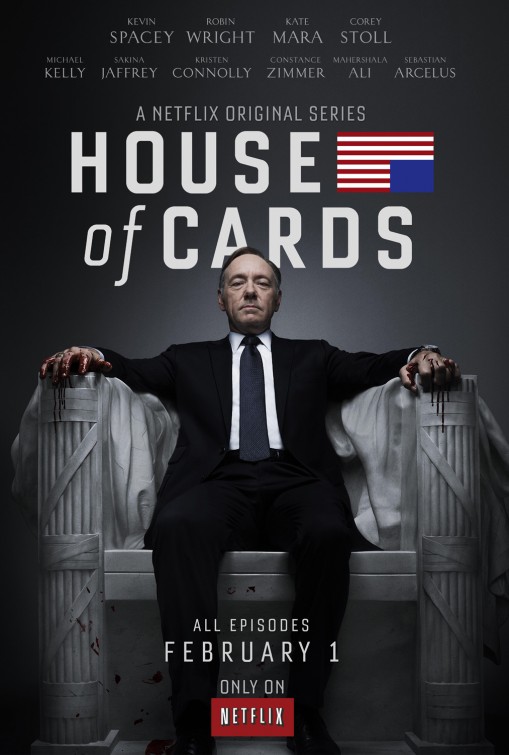 Friday, Jan. 9 of this year was a momentous day in television history. That was the day the sixth (and blessedly final) season of “Glee” premiered.
Friday, Jan. 9 of this year was a momentous day in television history. That was the day the sixth (and blessedly final) season of “Glee” premiered.
Once upon a time, “Glee” was a television darling. It was perky! It was fun! There was singing! But somewhere along the line, that perkiness started to sag. It started to be a chore to watch. And there are only so many times that a person can listen to Lea Michele sing covers of Top 40 hits.
“Glee” overstayed its welcome. And it’s not the only TV show currently on the air to do so. “Pretty Little Liars,” “Two and a Half Men” and “The Big Bang Theory” all need to be retired. Of all these though, I find “Glee” to be the most offensive one still wasting programming space. Maybe it’s because “Glee” commits the same sins as other tired shows, but it commits them all at the same time, rather than in the singular.
Let’s start with the show’s attempt to fit every single trope and stereotypical high school issue into the series. An admirable quest, to be sure. But “Glee” deals with these issues so poorly that the show might be better off not acknowledging some of them at all if treatment of the topic is only going to perpetuate stereotypes.
As great as Kurt Hummel (Chris Colfer) is, not all gay men are flamboyant and feminine like he is. While there is value in having an openly gay and accepted character on TV, a character that isn’t a stereotype could do a lot more good. Not to mention the fact that our neighbors to the north already cornered the market on squeezing every adolescent problem into a TV show with “Degrassi: The Next Generation,” with the added benefit that “Degrassi” tries not to rely on stereotypes as a form of communication, in addition to being charmingly Canadian.
Now consider the life cycles of the issues that “Glee” raises. There’s too much conflict, and too little conflict resolution. In real life, we’re not going to eliminate teen pregnancy, homophobia, transmisogyny and bullying with a rockin’ show choir number. The show brings these things to light, but then abandons the issues as soon as a realistic resolution requires actual character development. Awareness of a problem doesn’t guarantee awareness of how to solve that problem. A soulful rendition of a ballad as a problem-solving method only trivializes the very real issues the show presents.
Equally upsetting (and more superficial) is “Glee”’s identity crisis. What is the show even about anymore? Is it about the McKinley High School Glee Club or the club’s graduates trying to make their dreams come true? Apparently, it’s supposed to be about both. An interesting concept, given that none of the new glee club members are even remotely likeable or worth caring about, and the graduated members of the original cast are either no longer main parts of the show or unbearably whiny.
And the show’s problems contribute to its biggest overall issue: it’s not even entertaining anymore. “Glee” would have done well to follow the leads of other successful shows like “Gilmore Girls” and “Friends.” Both were popular shows that went out at the top of their game. Their finales might have signaled the end of an era, but they managed to stay entertaining and beloved up until the end. In doing so, they saved themselves ridicule and cemented their rerun appeal.
Rather than taking what little that’s left of its dignity, “Glee” is milking a cash cow that’s on the brink of death. It’s better to go out with a bang than a whimper, but if it must be a whimper, let’s not draw it out.



